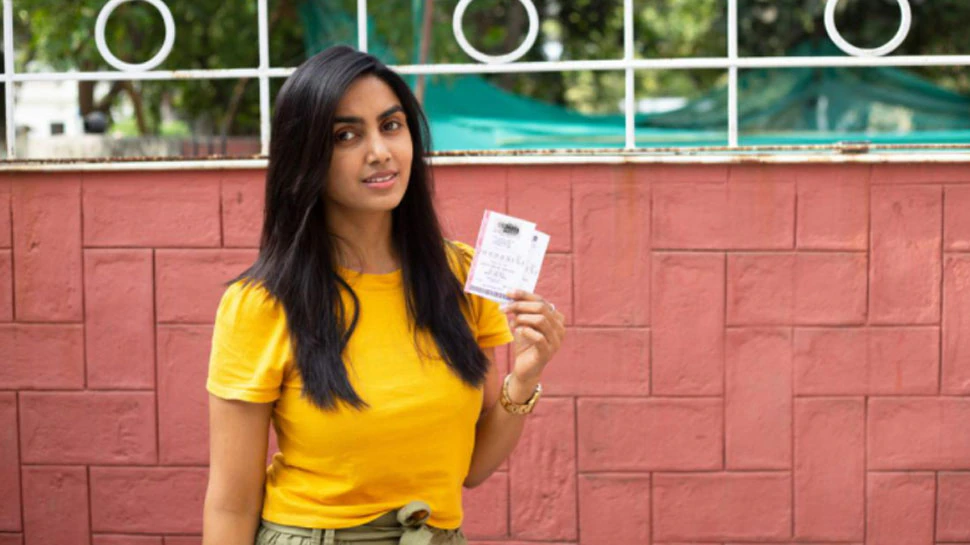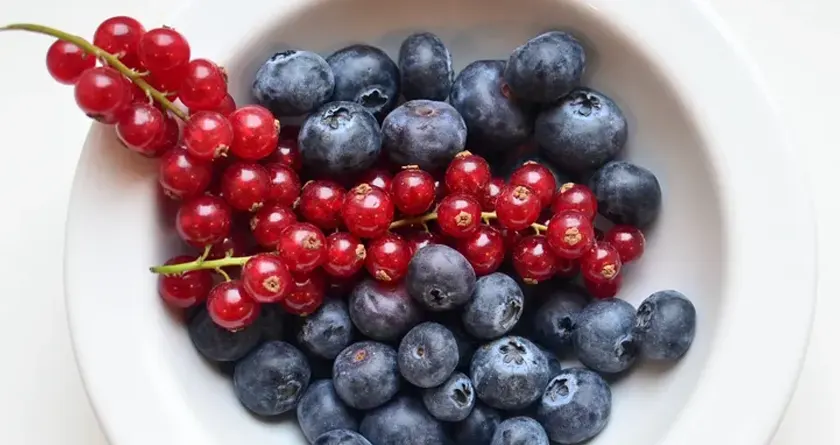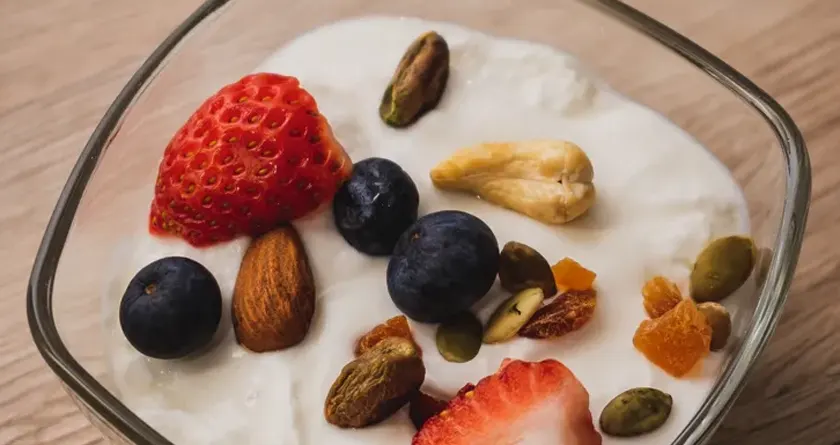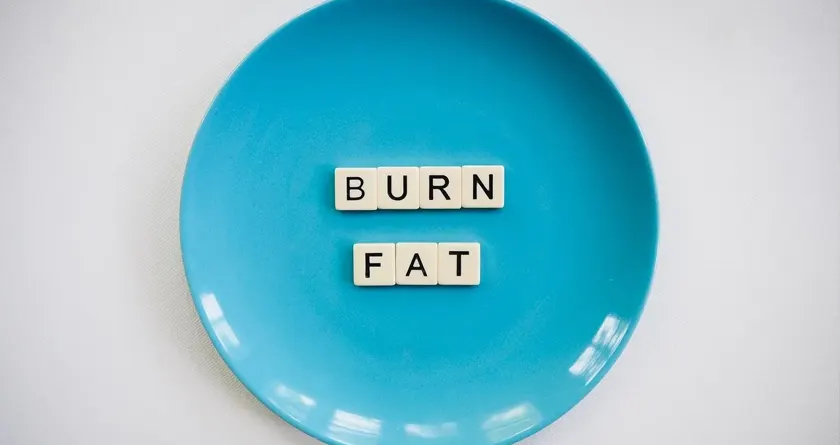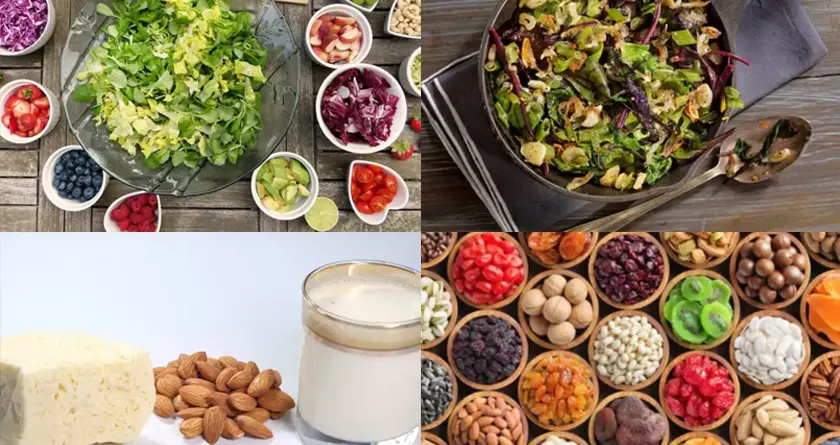
Guide to combating nutritional deficiencies while on vegan diet
How can you mange the dearth of nutrients associated with veganism
Monday, 19th July 2021
Going vegan is very much a rage these days. Most people are switching to a completely vegan or vegetarian pattern of eating. Growing awareness regarding cruelty towards animals has even urged many celebs across the globe to embrace a vegan diet. Going vegan implies making a major lifestyle shift as much of the nutritional need has to be obtained solely from plant-based sources.
Though there are some incredible benefits of a vegan diet, without careful sourcing of vegan diet-based foods, you may fall short of your nutritional needs. Thus, a vegan diet could turn out to be a deficient diet if you do not take enough care.
For instance, when one is on a vegan diet, one will not be consuming non-vegetarian food sources such as eggs, meat, dairy products, or any other type of product sourced from animals. Now, animal-based products can provide your body with a huge amount of Vitamin B12. So, while on a vegan diet, you have to take Vitamin B12 supplements to compensate for failing which you may fall prey to neurological damages or blood deficiency.
Given below are a couple of steps that would help you in managing veganism-related nutritional deficiencies. Read on:
Take Vitamin B12 rich foods
Vitamin B12 deficiency can make one anemic or ataxic or lead to memory-related issues due to the new diet practice. Hence, increase the consumption of Vitamin B12. Try to incorporate rich multivitamin sources as well as minerals like magnesium and iron along with fiber in your diet. Thus, foods like almond milk, soy milk, soya bean, avocadoes, and mushrooms should find a place in your diet.
Also Read: Do’s and Don’ts of Monsoon Diet.
Take leafy greens
Leafy greens are a must for consumption. They are rich in dietary fiber, folate, manganese, carotenoids, and vitamin A, C, and vitamin K. Thus, greens like kale, broccoli, spinach, etc should definitely be a part of your vegan diet.
Take nuts, seeds, and dry fruits
The generous inclusion of nuts, seeds, and dried fruits in your diet will help you get rid of unnecessary fatigue. Seeds like Flax seeds, Pumpkin seeds, Sunflower seeds, Chia seeds, and Watermelon seeds are full of monosaturated fats, polyunsaturated fats, fiber, and vitamins. These nutrients offer ample support for the body’s normal metabolic functioning even when one is on a vegan diet.
Take iron-rich foods
Iron is a vital mineral as it helps in the making of hemoglobin and in blood production in general. Also, iron is very necessary for various respiratory activities, energy metabolism, and also for the synthesis of neurotransmitters and of collagen. Food items such as legumes and beans are rich sources of folate, iron, potassium, and magnesium and should find a place in the diet. Furthermore, these foods should be taken in combination with other citric acid-based foods to allow easy iron absorption by the body.
The News Talkie Bureau
Source:
Timesofindia Indiatimes



